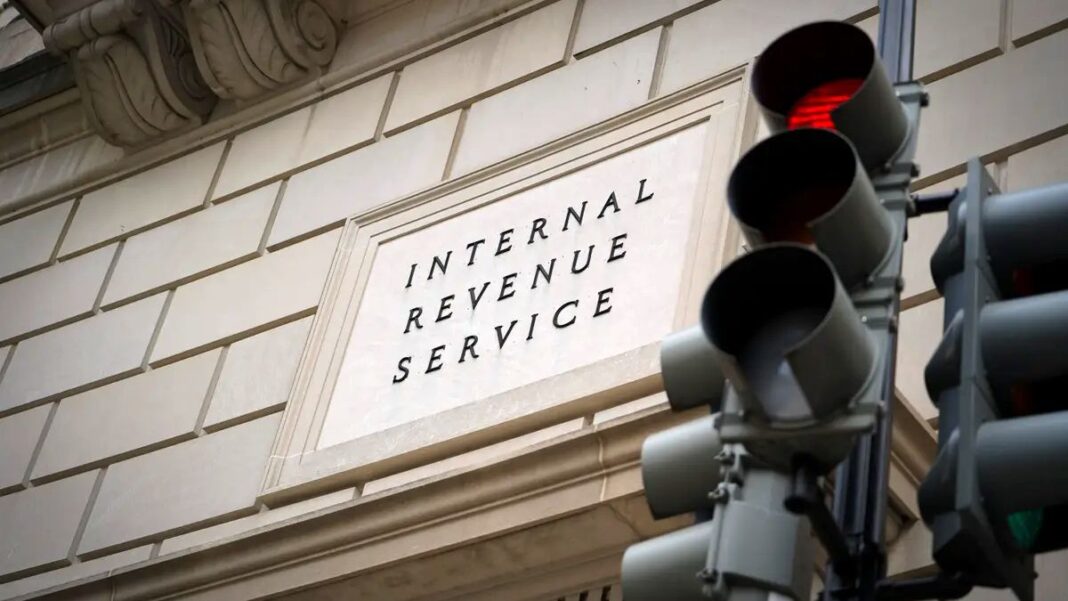The IRS is preparing a tax-enforcement push after a watchdog audit revealed some $1.4 billion in unpaid gambling taxes.
The IRS said it is preparing a tax-enforcement crackdown after a Treasury Inspector General for Tax Administration (TIGTA) audit revealed that more than $1.4 billion in taxes may have gone uncollected from individuals who won large sums in gambling.
The report from TIGTA’s audit, released on Sept. 30, found that nearly 150,000 Americans with gambling winnings exceeding $15,000 between 2018 and 2020 failed to file tax returns, leaving potentially significant amounts of unpaid taxes.
The watchdog’s report identified more than $13.2 billion in gambling winnings during the period in question, while estimating that the IRS “could potentially increase tax revenue by approximately $1.4 billion through addressing the 139,045 individual nonfilers with gambling winnings.”
The audit revealed that tax enforcement on nonfilers with gambling winnings has been limited, with the TIGTA noting that 103,000 individuals from this population have not been issued notices or faced other enforcement actions to bring them into compliance. The watchdog recommended that the agency “begin appropriate enforcement actions” to collect the unpaid taxes.
In a written response to the report, the IRS agreed with the recommendation, vowing to begin enforcement actions.
“We agree. For tax years (TY) 2018 through 2020, the IRS will identify high-income non-filers with gambling winnings where no enforcement actions have been taken, including the top 100 non-filer cases identified by TIGTA,” wrote Lia Colbert, commissioner of the IRS’s Small Business Self-Employed Division, which oversees the agency’s collection activities and the examinations of most U.S. businesses.
“We are committed to improving tax compliance.
Colbert said the IRS would begin enforcement by issuing the first return delinquency notices to select nonfilers with gambling winnings.
However, the audit raised further concerns beyond income-tax compliance. Hundreds of W-2G forms, which are used to report gambling winnings, were filed without the required taxpayer identification numbers (TINs), making it difficult for the IRS to track the winnings and enforce tax compliance, the TIGTA found. The watchdog also pointed out that the IRS has few processes in place to identify noncompliance with excise taxes by gambling operators, particularly in the rapidly growing online sports-betting market.







